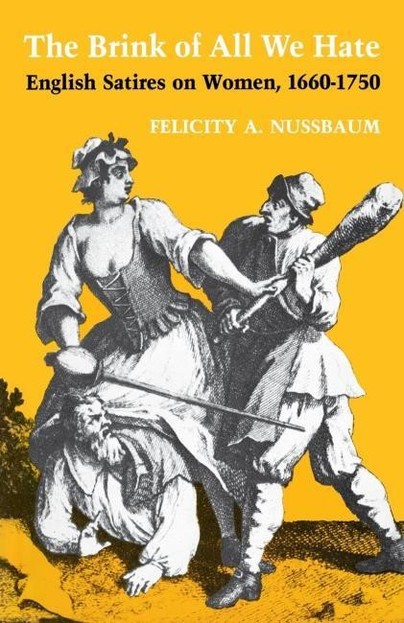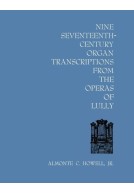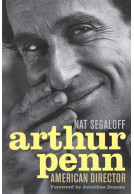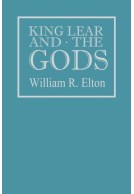Google Books previews are unavailable because you have chosen to turn off third party cookies for enhanced content. Visit our cookies page to review your cookie settings.
The Brink of All We Hate (Paperback)
English Satires on Women, 1660-1750
Imprint: University Press of Kentucky
Pages: 200
ISBN: 9780813154091
Published: 15th July 2014
Script Academic & Professional
Pages: 200
ISBN: 9780813154091
Published: 15th July 2014
Script Academic & Professional
This book will be reprinted and your order will be released in due course.
You'll be £18.00 closer to your next £10.00 credit when you purchase The Brink of All We Hate. What's this?
+£4.99 UK Delivery or free UK delivery if order is over £40
(click here for international delivery rates)
Order within the next 3 minutes to get your order processed the next working day!
Need a currency converter? Check XE.com for live rates
(click here for international delivery rates)
Order within the next 3 minutes to get your order processed the next working day!
Need a currency converter? Check XE.com for live rates
"Is it not monstrous, that our Seducers should be our Accusers? Will they not employ Fraud, nay often Force to gain us? What various Arts, what Stratagems, what Wiles will they use for our Destruction? But that once accomplished, every opprobrious Term with which our Language so plentifully abounds, shall be bestowed on us, even by the very Villains who have wronged us" -- Laetitia Pilkington, Memoirs (1748).
In her scandalous Memoirs, Laetitia Pilkington spoke out against the English satires of the Restoration and eighteenth century, which employed "every opprobrious term" to chastise women. In The Brink of All We Hate, Felicity Nussbaum documents and groups those opprobrious terms in order to identify the conventions of the satires, to demonstrate how those conventions create a myth, to provide critical readings of poetic texts in the antifeminist tradition, and to draw some conclusions about the basic nature of satire. Nussbaum finds that the English tradition of antifeminist satire draws on a background that includes Hesiod, Horace, Ovid, and Juvenal, as well as the more modern French tradition of La Bruyere and Boileau and the late seventeenth-century English pamphlets by Gould, Fige, and Ames. The tradition was employed by the major figures of the golden age of satire -- Samuel Butler, Dryden, Swift, Addison, and Pope.
Examining the elements of the tradition of antifeminist satire and exploring its uses, from the most routine to the most artful, by the various poets, Nussbaum reveals a clearer context in which many poems of the Restoration and eighteenth century will be read anew.
Other titles in University Press of Kentucky...















